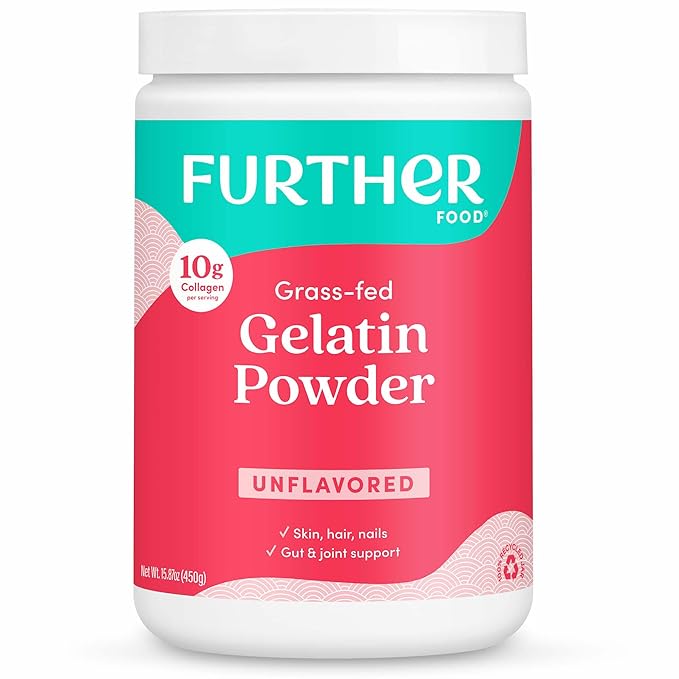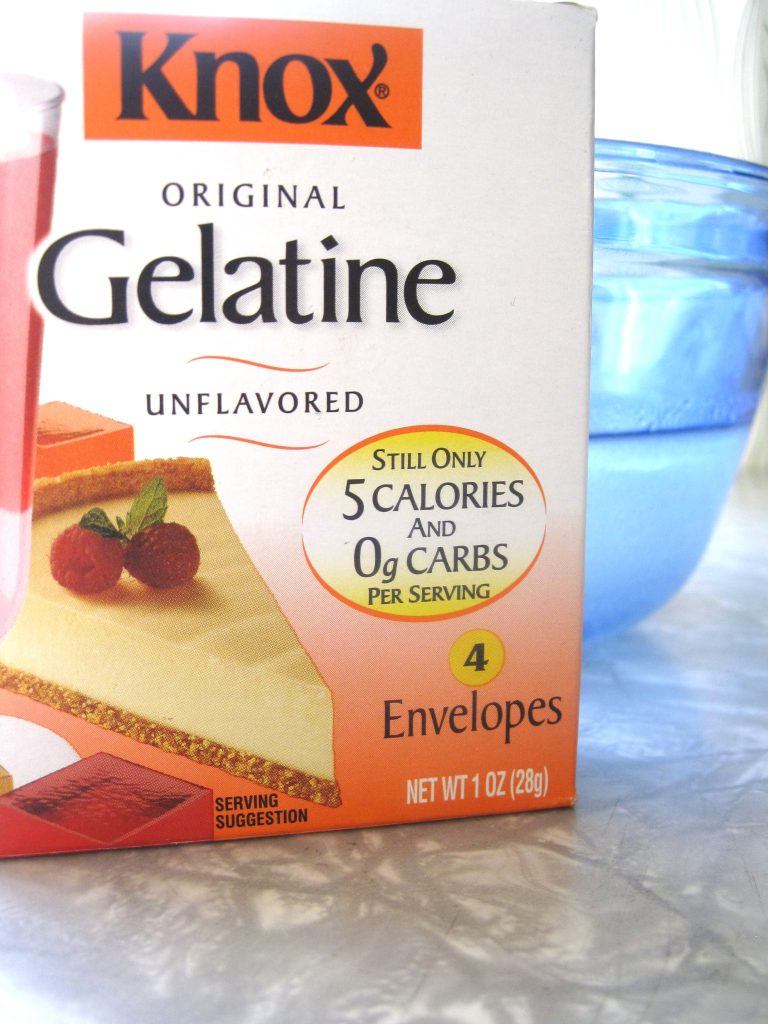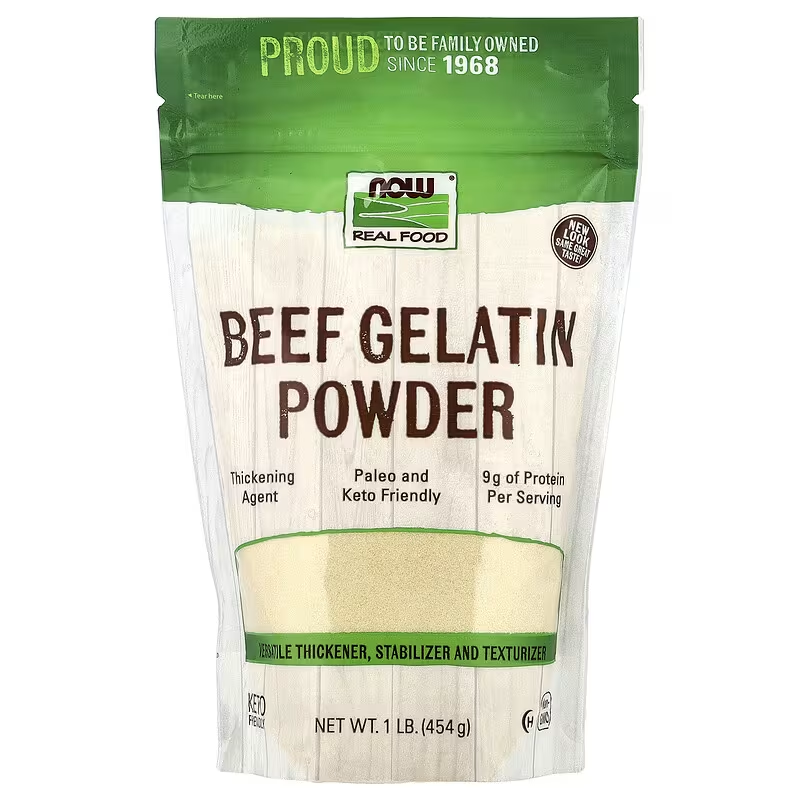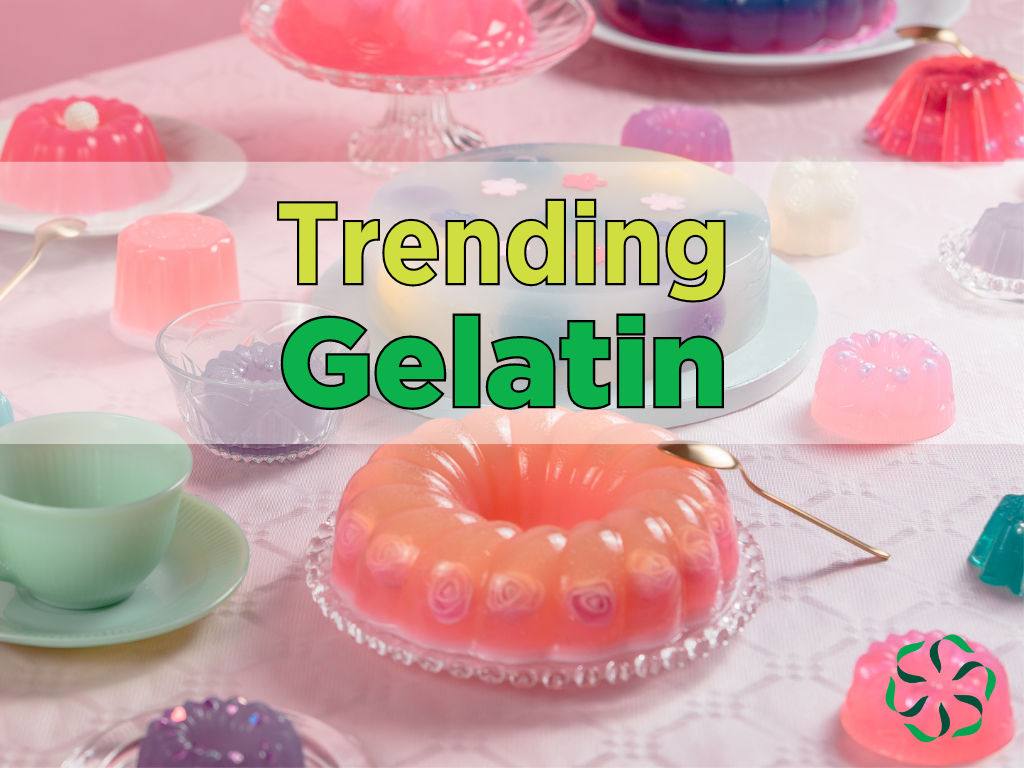What’s Gelatin Powder ?

Gelatin is a protein derived from collagen, a substance found in the skin, bones, and connective tissues of animals, primarily pigs and cows. It’s commonly used as a gelling agent in food products like Jell-O, marshmallows, and candies, but also has applications in medicine, cosmetics, and photography.
Here’s a more detailed breakdown:
- Source: Gelatin is made by boiling animal collagen with water.
- Properties: Gelatin powder is a colorless, odorless, and tasteless protein that forms a gel when cooled.
- Uses:
- Food: Gelatin powder is used to create a wide range of desserts like Jell-O, gummy candies, marshmallows, and various baked goods.
- Medicine: It’s used in capsules for vitamins and medications, and in some wound dressings.
- Cosmetics: Gelatin can be found in shampoos, face masks, and other cosmetic products.
- Photography: Gelatin was traditionally used in photographic emulsions.
- Vegan Alternatives: Agar-agar, derived from seaweed, is a vegan alternative to gelatin.
- Health: Gelatin powder may offer some health benefits, such as supporting skin, joint, hair, and nail health due to its protein and amino acid content, but more research is needed to confirm these benefits.
- Potential Side Effects: While generally considered safe for consumption, some individuals may experience allergic reactions to gelatin powder.
- Religious Considerations: The permissibility of gelatin consumption can vary based on religious dietary laws, with some religions having restrictions on the source of gelatin.
Health Benefits of Gelatin
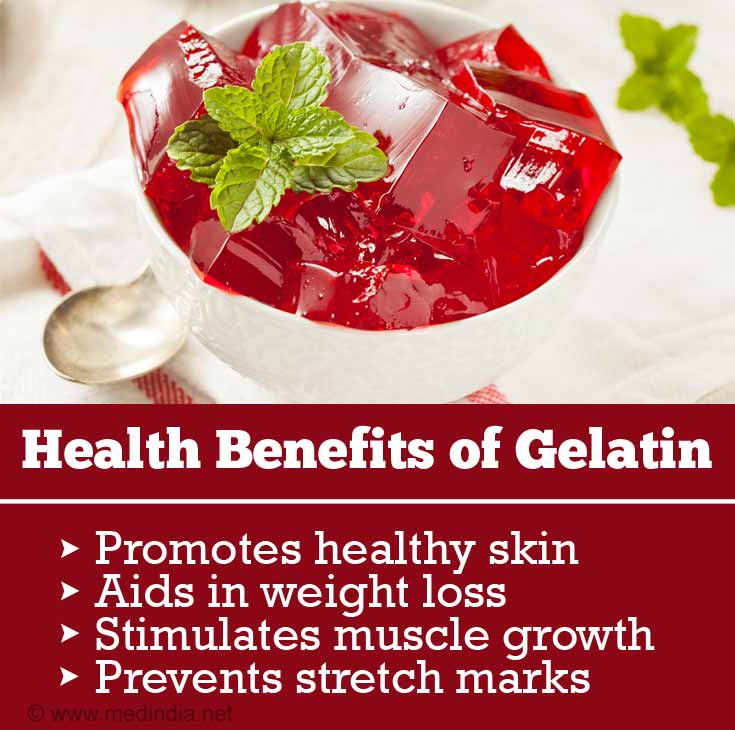
Gelatin powder is a substance made from animal collagen that gives foods like Jello, marshmallows, or gummy candies their distinct jelly-like texture. The ingredient is flavorless and colorless, so it’s commonly used as a thickener and stabilizer in supplements and foods (like Jello and marshmallows). Gelatin is often present in small amounts in food, but you can also find it for sale as a supplement.
Research boasts gelatin for helping with ailments like diarrhea, brittle nails, skin aging, and osteoporosis. However, more research on the benefits of gelatin is still needed as the ingredient also comes with some potential risks, especially if you consume it in high doses.
1.May Boost Skin Health
Collagen is a widely touted supplement for skin health, and research has found that collagen supplementation may promote skin hydration and elasticity.Since gelatin is made from animal collagen, some people think it may also benefit skin health. However, these are two distinct animal-derived products and there’s a lot less research on gelatin’s benefits at this time.
Researchers believe gelatin is especially helpful for wound healing since it’s highly compatible with human skin. In turn, it may help initiate the wound-healing process when you experience a cut, scrape, or other injuries.
2.Can Support Bone Health
Gelatin may also help with bone health. But because overall research on gelatin is limited, more studies are necessary to learn the robust effects on how gelatin can help your bones.
One small study found that taking a vitamin C-enriched gelatin supplement improved collagen synthesis in men who were performing intermittent exercise.
Since collagen helps give structure and strength to bones, collagen synthesis may improve bone health and prevent musculoskeletal injuries.
3.Might Improve Gut Health
Some studies show that a specific type of gelatin called gelatin tannate may help treat acute diarrhea or gastroenteritis (stomach flu) in children. One study found that children who received gelatin and an oral rehydration solution had a significant reduction in bowel movements, improvement in stool (poop) consistency, and shorter duration of illness compared to those who only received the oral rehydration solution.
While some studies show promising results on this front, a recent meta-analysis of three studies on this topic found that gelatin had no beneficial effects on the duration of diarrhea and stool frequency compared to placebo.So, the results are still mixed.
Nutrition Facts for Gelatin powder
Since gelatin comes from animal collagen, it’s especially rich in protein. Each tablespoon (7 grams) of gelatin contains the following:
- Calories: 23
- Fat: 0 grams (g)
- Sodium: 14 milligrams (mg)
- Carbohydrates: 0g
- Fiber: 0g
- Added sugars: 0g
- Protein: 6g
As you may notice, gelatin is a source of protein and that’s about it. There is some sodium and a minute amount of micronutrients like phosphorus, potassium, and iron, but there’s almost no fat or carbohydrates in this ingredient.
Potential Risks of Gelatin powder and Other Considerations
Consuming gelatin in food is generally safe, but taking it as a supplement in high doses may be harmful. At the very least, there isn’t research to suggest you’ll reap any unique health benefits.
Specifically, taking over 15 g of gelatin daily can increase the risk of side effects like sore throat, swollen gums, and mouth sores. Also, researchers aren’t sure if gelatin supplements are safe for people who are breastfeeding, so it’s best to just consume it in food.
Tips for Consuming Gelatin powder
Gelatin is often found in the baking section of grocery stores. If you’re interested in adding gelatin to your food, here are safety tips on how to hand the ingredient:
- Store it in a cool, dry place in a sealed container
- Use gelatin to make jelly, marshmallows, and Jello
- If you’re vegan or vegetarian, use gelatin alternatives like agar-agar, pectin, and carrageenan
- If you’re taking a gelatin supplement, speak with your healthcare provider first and follow dosing directions from them
Other Uses for Gelatin powder
You can also find gelatin in skin or hair care products like cleansers, shampoos, face creams, and primers. This ingredient adds thickness and hydration to such products. However, if you’re vegan or vegetarian and want to avoid gelatin in these types of products, check the ingredients list and search for vegan products. Your dermatologist (a doctor who specializes in skin, hair, and nail health) may also offer recommendations for products to use.
A Quick Review
While there are several supposed benefits of gelatin, there aren’t yet high-quality human studies to support these benefits. Of the existing research, most studies are very small or conducted on mice or in test tubes rather than on humans. That said, more research is still needed before gelatin becomes a staple for certain health benefits.
Eating gelatin in foods is generally safe and helps add a jelly-like texture to gummy candies, marshmallows, and Jello. However, if you decide to take a gelatin supplement, it’s best to ask your provider before starting.
The main brand of Gelatin powder in the market
